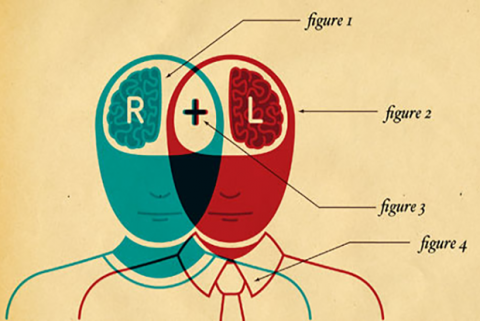You hear a lot of talk these days about how technology is the business. IT and business leaders are certainly aware of it. But sometimes it feels like an empty message to those in the company whose only interaction with IT is when they reach out the help desk.
One way we raised IT’s profile and showed the power of technology moving the business forward was during a recent build out of two new facilities. As part of this effort, we ditched traditional landlines and moved solely to VoIP softphones.
When we made the transition, it was fascinating to see the look on employees' faces. They said things like, “What do you mean I don’t need a phone? How am I going to make a phone call?” Then once they got a better understanding of the technology, their tune changed to, “Wow, I can do this from anywhere. Now I can have a work phone at home or work on the road and I’m as accessible as I ever was.” Of course, there was also the realization of the need to boot up their phones in the morning, and adjusting to not being able to come in at 8:59 a.m. to start a 9 a.m. phone call on time.
A technology transition as visible as replacing old-school telephones with VoIP softphones definitely helps an entire organization see the power technology can play in the business. It’s not like getting a new version of an ERP platform with a better UI and realizing you can 5 percent less double-entry. That doesn’t feel as life-changing as upgrading an everyday office staple like the telephone, which signals that something really is different and that technology has the power to change the way we do business.
A technology change also has the power to evolve your culture. For example, after we made the switch, there was a different vibe around bringing your laptop to a meeting. It wasn’t long ago when it was a little bit insulting to open up your laptop at a meeting. Now everybody does it because, at a bare minimum, somebody’s got to start the phone call.
So why did we move to VoIP softphones? It was both practical and symbolic. On the practical side, it came down to infrastructure. During new building construction, we were taking an open spaces approach, and we didn’t want to tie down the office configuration based on where the phone lines ran. By moving to VoIP we didn’t even have to mess with installing the infrastructure needed for an office full of landlines. On the symbolic side, we knew it would shift the way people thought about their work day. It would give them more freedom to leave their desks, collaborate and conduct business anywhere.
It was a big change for us as an organization, and a big project for IT. And while it felt radical and exciting, it still followed the same curves of any project. We still needed detailed planning, we had to think through all the pieces, and we had to test the heck out of it. If you tackle a project like this in your own organization, be prepared to go through the peak of excitement and the trough of despair. But in the end, you’ll feel good knowing you’ve shown your organization the impact technology can truly have within the business. And that’s a good feeling.
Read "Working with the issues associated with transformation."
Bill Mayo is the former Senior Director of Information Technology at Biogen Idec., a global leader in biotechnology that focuses on applying immunobiology to neurodegenerative diseases. Bill spent more than 20 years with The Gillette Company / Procter & Gamble in a wide range of IT and Internal Audit roles. He has focused much of his career on leading change in a wide range of business environments. He has lead teams and projects in over 20 countries, was based in the UK for a time, and implemented hundreds of projects and multiple major business reorganizations, mergers, acquisitions and divestitures during a career that now spans more than 25 years. Bill holds a bachelor of science in computer science and a master of business administration from Northeastern University, Boston, Mass.




